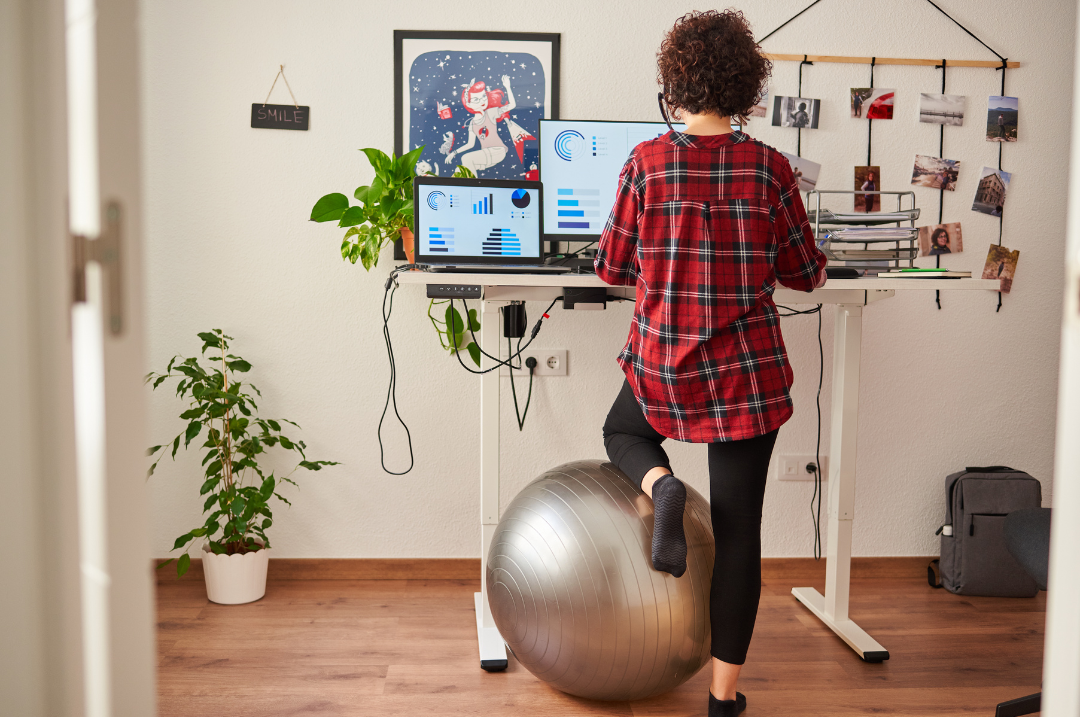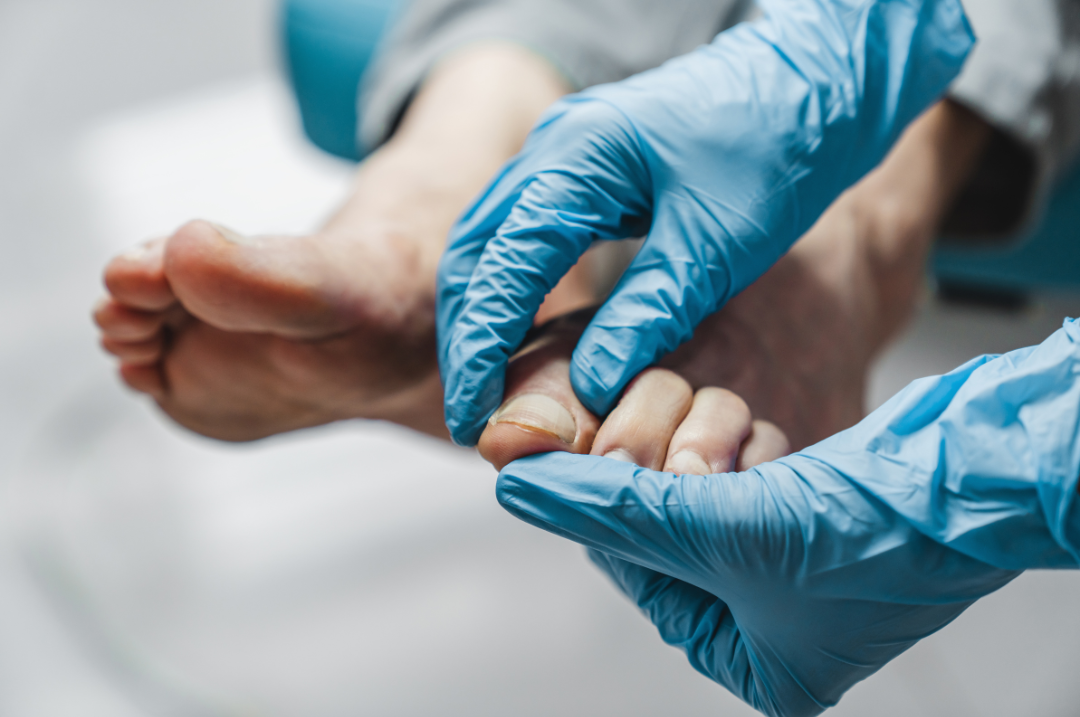What causes peripheral neuropathy?
 In diabetes, it is the prolonged exposure to high levels of blood sugar that causes nerve damage. It is estimated that almost half of people with diabetes will develop neuropathy. Other causes of neuropathy can include:
In diabetes, it is the prolonged exposure to high levels of blood sugar that causes nerve damage. It is estimated that almost half of people with diabetes will develop neuropathy. Other causes of neuropathy can include:
- Trauma/injury to the nerves
- Infections
- Alcoholism
- Systemic conditions, autoimmune diseases and other diseases
- Exposure to toxins
- Effects of certain medications
- Poor nutrition and vitamin deficiency
What are the symptoms?
The symptoms of peripheral neuropathy usually worsen progressively, because of the continued effect of elevated blood sugar in diabetes. They are often felt at the feet and toes. Symptoms generally include:- Numbness
- Tingling
- Burning
- Pins and needles
- Reduced ability to detect hot and cold sensations
- Pain
- Muscle weakness
- Impaired reflexes
- Absence of sensation








